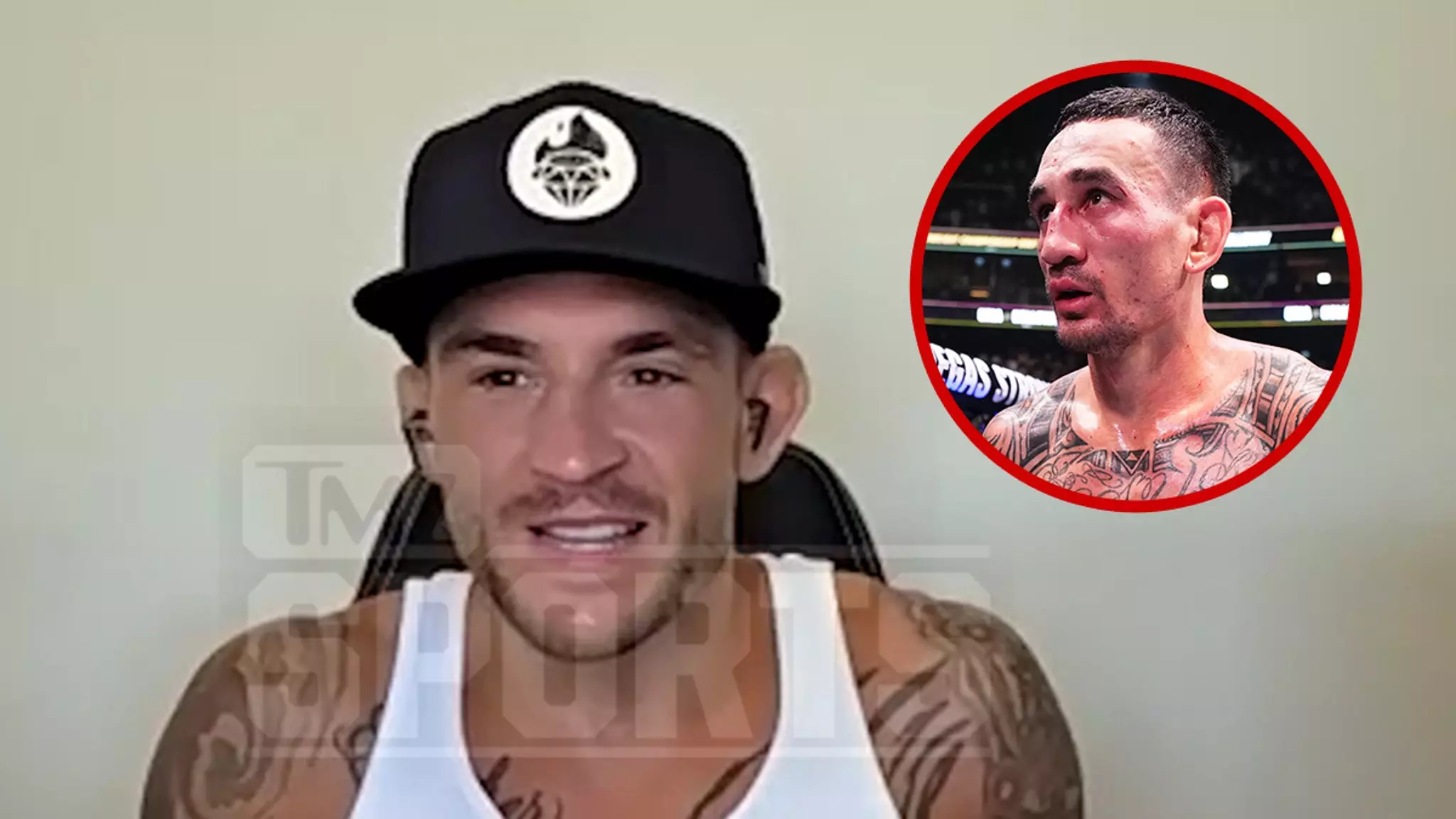Dustin Poirier, renowned for his relentless spirit and combat prowess, is preparing to hang up his gloves after a storied career. At 36, the lightweight veteran is making a conscious choice to transition out of the demanding world of professional fighting. This decision is not made impulsively but stems from a desire to redefine his identity beyond the cage. Poirier’s candid admission — that the passion and purpose which once fueled his fighting journey no longer animate him — highlights an admirable level of self-awareness. It takes courage to step away from the adrenaline rush of competition and embrace a new chapter. His decision underscores an important narrative: recognizing when the burning desire to fight wanes and being brave enough to prioritize long-term happiness and fulfillment over fleeting adrenaline highs.
Beyond the Octagon: Embracing Life’s Richer Rewards
For Poirier, the transition from fighter to family man and businessman signifies a pivotal shift in priorities. His statement about focusing on being a dad, a husband, and an entrepreneur reveals a nuanced understanding of life’s deeper meaning. The weight of perpetual competition—the constant pressure of what’s next—has been a defining part of his existence. Now, it’s clear he seeks a respite from that relentless pursuit, choosing instead to indulge in stability, relationships, and personal growth. His emphasis on staying busy and living in the moment exemplifies a desire to find fulfillment outside the strict confines of the fighting world. Poirier’s openness about his plans indicates a healthy acceptance that life can be enriched through diverse pursuits—something many fighters struggle to embrace after retiring.
Remaining Connected to the Sport and Cultivating New Roles
While stepping away from active competition, Poirier is determined to remain involved in the sport he loves. His interest in becoming a television analyst demonstrates a strategic move to stay connected without the physical toll of fighting. Such a role allows him to channel his expertise, passion, and personality into shaping the narrative of mixed martial arts. His respect for Max Holloway—whom he faces in his final bout—is palpable. Describing Holloway as a legend and a worthy adversary reflects Poirier’s appreciation for the sport’s meritocracy and the respect that comes with a successful career. His acknowledgment of Holloway’s status as a multiple-time champion and his admiration for his opponent’s fighting spirit encapsulate a sense of honor in competition, even in the twilight of his career.
The Significance of Legacy and Personal Growth
Poirier’s exit is not merely about ending a chapter but about opening a window to future possibilities. He recognizes that his identity will no longer be defined solely by fighting. Instead, it will incorporate his roles as a father, businessman, and mentor. His emphasis on staying present and invested in the moment signals a profound shift toward appreciating the here and now—an essential trait for long-term happiness. Poirier’s honesty about not knowing what life feels like outside of fighting underscores a universal challenge: transitioning from a singular identity to a multifaceted one. His choice to focus on personal relationships and new ventures suggests a deep understanding that success isn’t just measured in victories but in the fulfillment of a well-rounded life.

